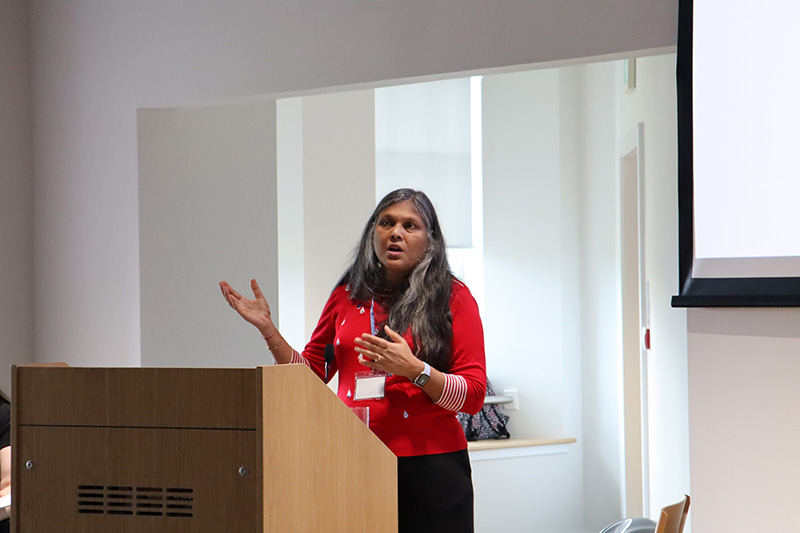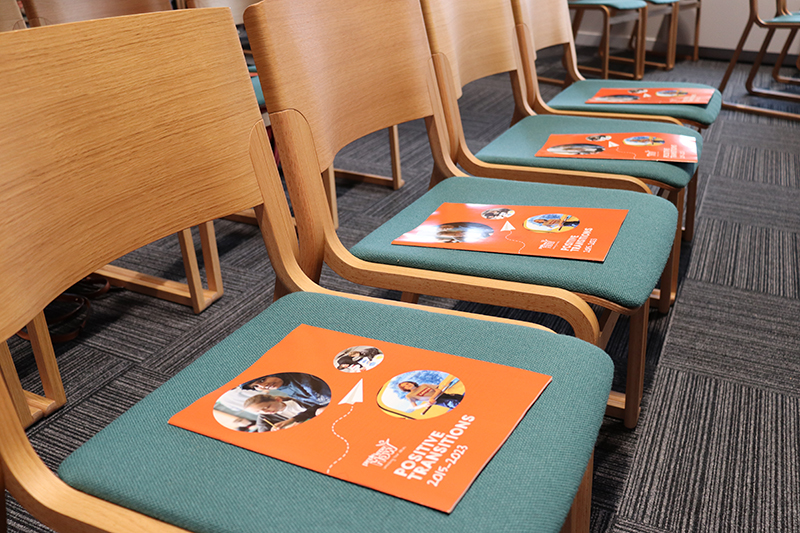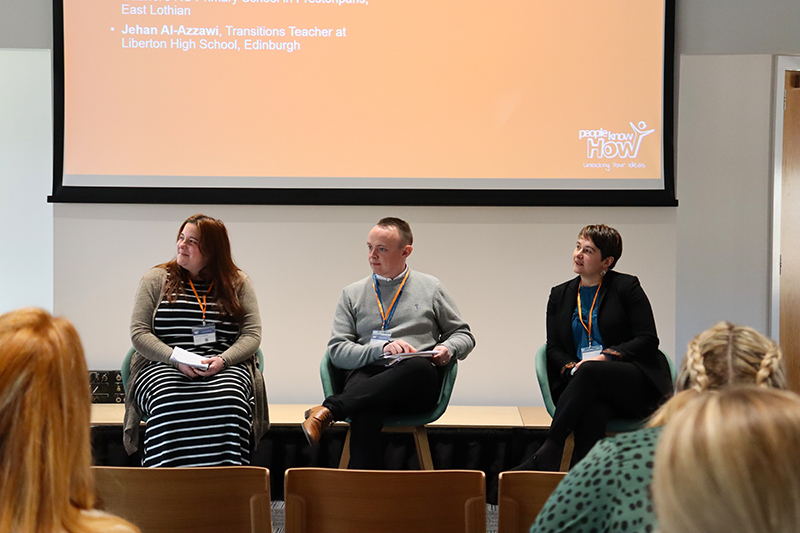Our Positive Transitions Report details our learning from delivering our Positive Transitions service over the last 8 years and our plans to improve school transitions in Edinburgh, the Lothians and across Scotland.
Our work with children, young people and families started over 8 years ago in a consultation of over 700 young people. They identified the transition to secondary school as one of the biggest challenges they faced, setting the foundations of our Positive Transitions service.
Since then we have provided interventions that offer holistic support and youth work that aims to support not just children and young people, but also their parents, carers, and families. These projects help young people to feel valued, improve self-esteem, develop peer relationships, and enable them to fulfil their potential.
Improving transitions in Scotland
Research suggests that transitions can have a large impact on the development and emotional wellbeing of children and young people. This in turn can impact mental health, school attainment and social development throughout school and into adulthood. This is why we place the focus on ensuring positive transitions.

The service has now been established for over 8 years, and we’ve supported over 3,000 young people during that time. As it’s grown, we’ve piloted many different projects, exploring the use of art, science, music, drama, nature and more. At the heart of all of this is a passion for collaboration and research.
Through partnerships with over 50 schools across Edinburgh and the Lothians, we work directly with teachers, school staff, families, universities and other agencies to identify and offer the most suitable and appropriate support for each young person.
We are also working on a PhD research project in collaboration with the University of Edinburgh, through which we aim to develop models of practice that can improve transitions across all of Scotland.

Bringing together transitions work
We’re very excited about what the future holds for Positive Transitions. You can find our plans in the report including the introduction of our National School Transitions Network, Charter and Toolkit, work that we kicked off at our 10 Year Anniversary event focusing on Positive Transitions on 6 November.
If you’re interested in collaborating with us around school transitions, click below to read our report and get in touch with us today.


